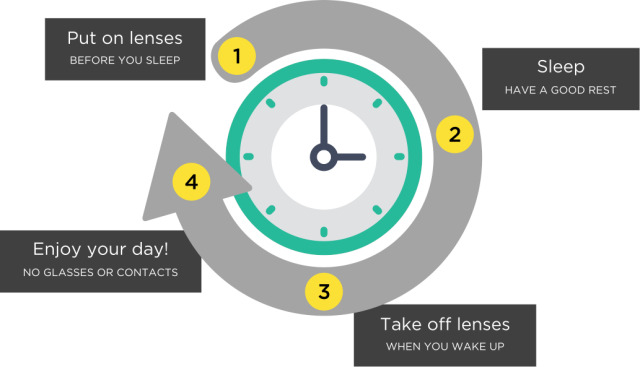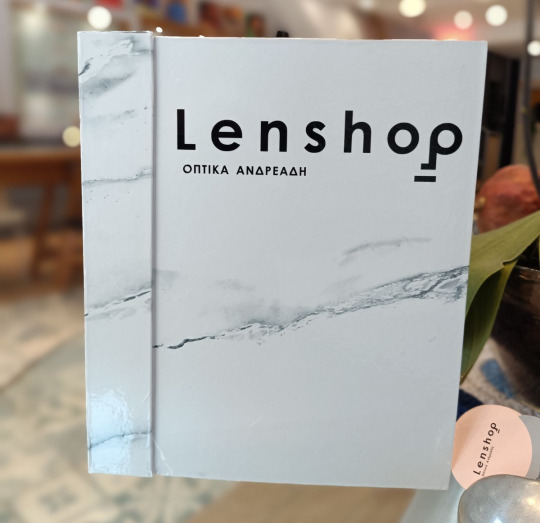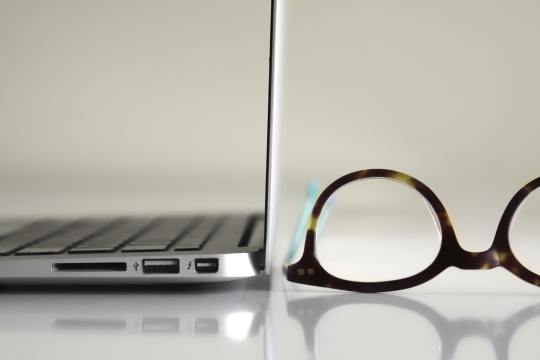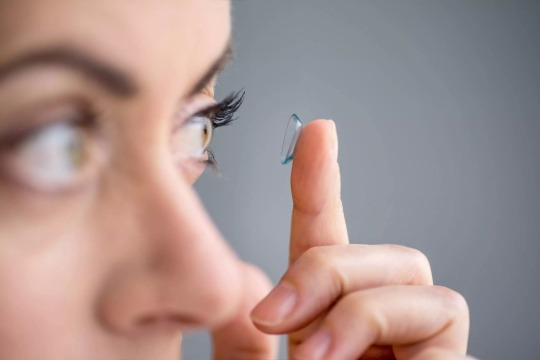Turns out your shades are more than a fashion statement. Sunglasses could shield your eyes from health problems as varied as sunburn, cataracts and skin cancer.
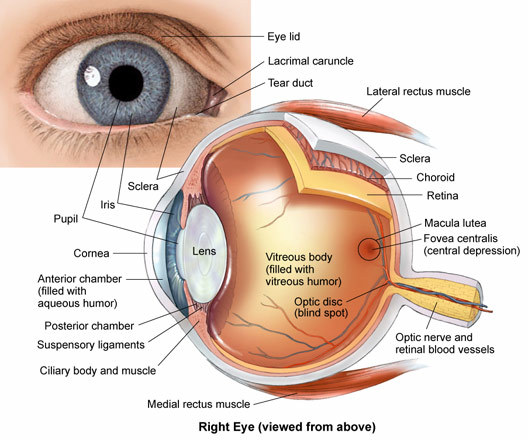
White of the eye
Sun damage can cause a condition called pinguecula, a thickening of the conjuctiva, which is the clear, thin membrane that covers the white of the eye. This causes raised, yellow spots on the eye, near the cornea. While there’s no know danger to vision, it can get irritated and inflamed. The conjuctiva can also thicken and grow over the cornea, creating a condition called pterygium (also known as surfer’s eye), which might obscure vision.
Skin around the eyes
The skin around the eyes and, in particular, the eyelids is made up of a very thin tissue. Over time, repeated UV exposure (not to mention constant squinting) can lead to wrinkles and age spots as well as small skin cancers around the eye.
Iris
Research has suggested that blue eyed people are more susceptible to macular degeneration, according to Brown. While at this point we don’t know the exact reason, he says he recommends even more strongly that people with light eyes wear sunglasses.
Retina
The retina is a light-sensitive layer of tissue that lines the back of the eye. The macula is the part of the retina where we have straight ahead and detailed vision. That macula can start to deteriorate, causing a condition called macular degeneration, leading to bluerred vision or a blind spot. Some information suggests there could be an association between UV light and macular degeneration.
Lens
Behind the iris of the eye is a crystalline lens that helps to focus light onto the retina. That lens can develop a cloudiness, which is known as a cataract. UV light has been implicated in the development of some types of cataracts, according to Brown. “Cartaract surgery is successful and common, but we want to put it off, “Sumers says. “The more you wear sunglasses and a hat the longer you can put it off.”
Cornea
Here’s a common summertime scenario: People go to the shore for the day, and they’re driving home their eyes feel kind of gritty, like maybe there’s sand in them. By 10pm, they’re in agony and by 11 they’ve landed in the ER for a sunburned cornea, which can cause tremendous pain and even temporary blindness. “Think of it as a giant scratch of the eye,” Sumers says. While it doesn’t cause long term damage that we know of, it does trigger quite a bit of pain and takes a while to heal.
Here’s how to protect them
Follow these simple rules for picking a pair of sunglasses
UV
Look for a label that say 99 or 100 percent UV absorption or UV 400, which means the glasses block wavelengths that are shorter than 400 nm (that includes all of the UVA and UVB rays). If the label says something more nebulous, such as “absorbs UV”, put the glasses back on the shelf.
Polarized
Don’t mistake polarized for added sun protection - polarized sunglasses do not have any advantage in terms of absorbing UV. Instead, they cut the glare from horizontal surfaces, allowing for crisper, clearer vision, particularly while driving or on the water.
Lens Colors
You don’t have to pick the darkest pair in the store to get the best sun protection. Many shades can work well, including gray, green, yellow, brown or rose - it’s a matter of people preference. Some colors can be particularly helpful for different activities or times - green, for instance, tends to be good in the morning or at dusk.
Lens Material
A quality pair of sunglasses will have optically ground lenses with little distortion, while cheaper varieties are often made out of pressed plastic. How to tell the difference?
When trying them on, turn your eyes to the right and left while you ‘re looking through the lenses, and determine if there’s any distortion.
Frames
Oversized glasses are more than a fashion statement: They’re good for the eye protection, as well. Big frames or a wraparound style shield more UV, preventing rays from coming in at the sides. Wraparound glasses can also help to cut down on dry eye by preventing evaporation of the eye’s natural tear film.











